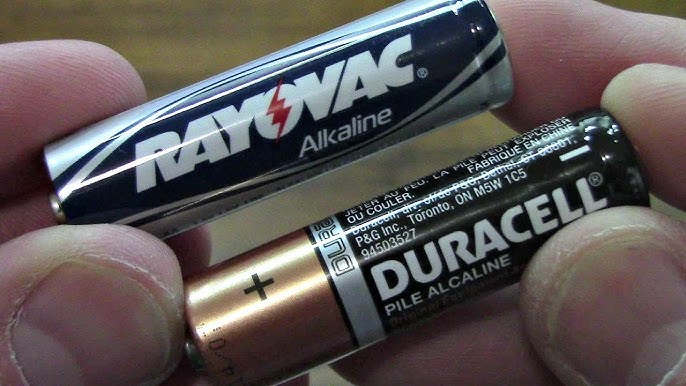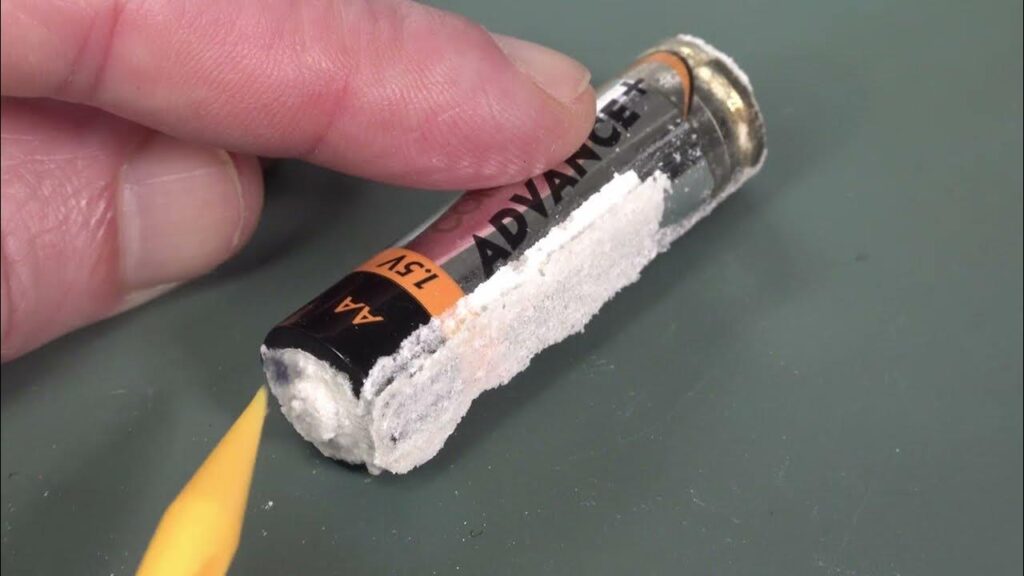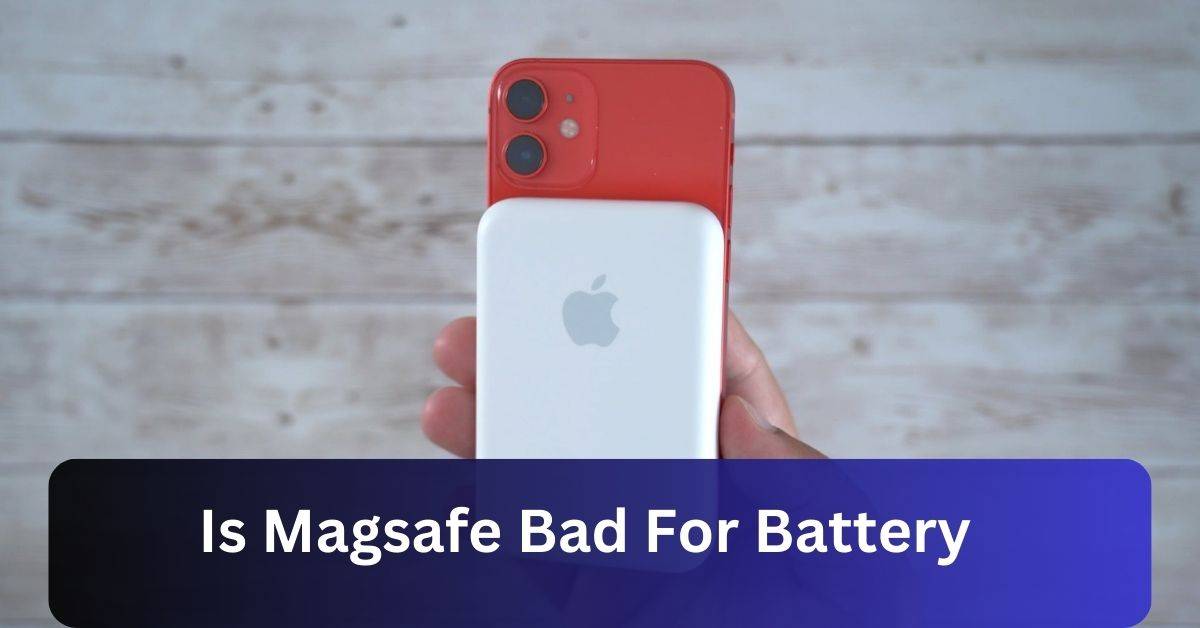Yes, batteries do expire and the life of batteries can span various types alkaline batteries last 5-10 years, and lithium batteries can last 10-15 years. Even unused batteries can lose charge over time.
In this article, we’ll explore how batteries expire, their shelf life, and storage tips. You’ll learn how to tell if a battery is still good and what to do if you find a leaking battery.
Do Rechargeable Batteries Expire?
Yes, rechargeable batteries do expire over time. They can last about 2 to 3 years if properly cared for. Frequent charging and discharging affect their lifespan, as does exposure to heat.

To maximize their life, use a smart charger and avoid letting them sit unused for long periods. If a rechargeable battery can no longer hold a charge, it is time to replace it. Regularly check them to ensure they’re still working well for your devices.
Can You Test an Alkaline Battery?
Yes, you can easily test an alkaline battery to see if it’s still good. Here are a few methods:
Multimeter Test:
Use a multimeter set to measure DC voltage. Get connected the black and red leads to the negative and positive terminals. If the voltage is below 1.2 volts for a standard 1.5V battery, it’s likely weak or dead.
Battery Tester:
Many stores sell battery testers specifically designed for checking alkaline batteries. Simply insert the battery into the tester, and it will indicate if it’s good or needs replacing.
Drop Test:
For a quick, informal check, drop the battery from a few inches onto a hard surface. A good battery will land with a dull thud, while a dead one will bounce and fall over. This method isn’t very accurate but can give a rough idea.
How Should You Store Batteries?
Proper battery storage is crucial for maximizing their lifespan and performance. First, always keep batteries in a cool, dry place away from direct sunlight and humidity, as extreme temperatures can cause leakage or degradation.
Ideally, store them at room temperature, between 20-25°C (68-77°F). It’s best to keep batteries in their original packaging or in a dedicated battery organizer to prevent contact with metal objects that could cause short circuits.
Avoid storing batteries in devices for long periods, as this can lead to leaks. If using rechargeable batteries, consider partially charging them before storage, as this can help maintain their health.
Regularly check stored batteries for any signs of corrosion or damage, and replace them as needed to ensure your devices are always ready to use.
Read Also: Are Mopar Batteries Good – Details About Vehicles In 2024!
What Does It Mean If a Battery Is Leaking?
If a battery is leaking, it usually means it has reached the end of its life or has been damaged.

Leaking batteries can release corrosive substances that can harm devices and pose safety risks. It’s important to handle them carefully and dispose of them properly to prevent further issues.
How Should You Clean Up and Dispose of a Leaking Battery?
To clean up a leaking battery, wear gloves to protect your skin. Use a damp cloth to wipe the area carefully, avoiding direct contact with the leaking material.
Dispose of the battery at a hazardous waste facility or follow local guidelines, as leaking batteries can be harmful to the environment.
How Long Do Batteries Last in Storage?
The lifespan of batteries in storage varies by type:
- Alkaline Batteries: Typically last 5 to 10 years if stored properly.
- Lithium Batteries: These can last 10 to 15 years or even longer, making them ideal for long-term use.
- Nickel-Metal Hydride (NiMH) Rechargeable Batteries: Generally last about 2 to 3 years in storage before losing capacity.
How Long Can a Battery Remain Idle in a Device Before It Will Leak?
A battery can remain idle in a device for 2 to 5 years before it may leak, especially for alkaline batteries. Factors like temperature and humidity can speed up this process. To prevent leaks, it’s best to remove batteries from devices if they won’t be used for a long time.
Read Also: How Long Does a CR2025 Battery Last – Guide In 2024!
How to Recycle Old Batteries?
Recycling old batteries is important for the environment. First, determine whether your local recycling center accepts batteries. Many stores also have battery recycling programs where you can drop off used batteries.

Look for special collection events in your community focused on hazardous waste. Always keep batteries in their original packaging or a plastic bag to prevent leaks during transport. Never throw batteries in the regular trash, as they can be harmful to the environment.
Do Unused Batteries Expire?
Yes, unused batteries can expire. Their shelf life varies by type: alkaline batteries last about 5 to 10 years, while lithium batteries can last 10 to 15 years.
Even if not used, batteries can lose charge over time, so it’s important to check the expiration dates before use.
FAQs
1. How can I extend the life of my batteries?
Store them in a cool, dry place, avoid extreme temperatures, and use a smart charger for rechargeable types.
2. What should I do if I find a corroded battery?
Wear gloves, clean it up with a damp cloth, and dispose of it safely at a hazardous waste facility.
3. Are there any batteries that don’t expire?
All batteries have a shelf life, but lithium batteries tend to last the longest.
4. How do I know if a rechargeable battery is still good?
Test it with a charger. If it holds a charge and performs well, it’s still functional.
5. Can I use expired batteries?
It’s not recommended, as they may not perform effectively and could leak.
Conclusion:
Batteries do expire and their lifespan varies by type. Proper storage and regular checks can help extend their life.
Always handle leaking batteries carefully and dispose of them responsibly. Remember to recycle old batteries to protect the environment and ensure your devices stay powered.





